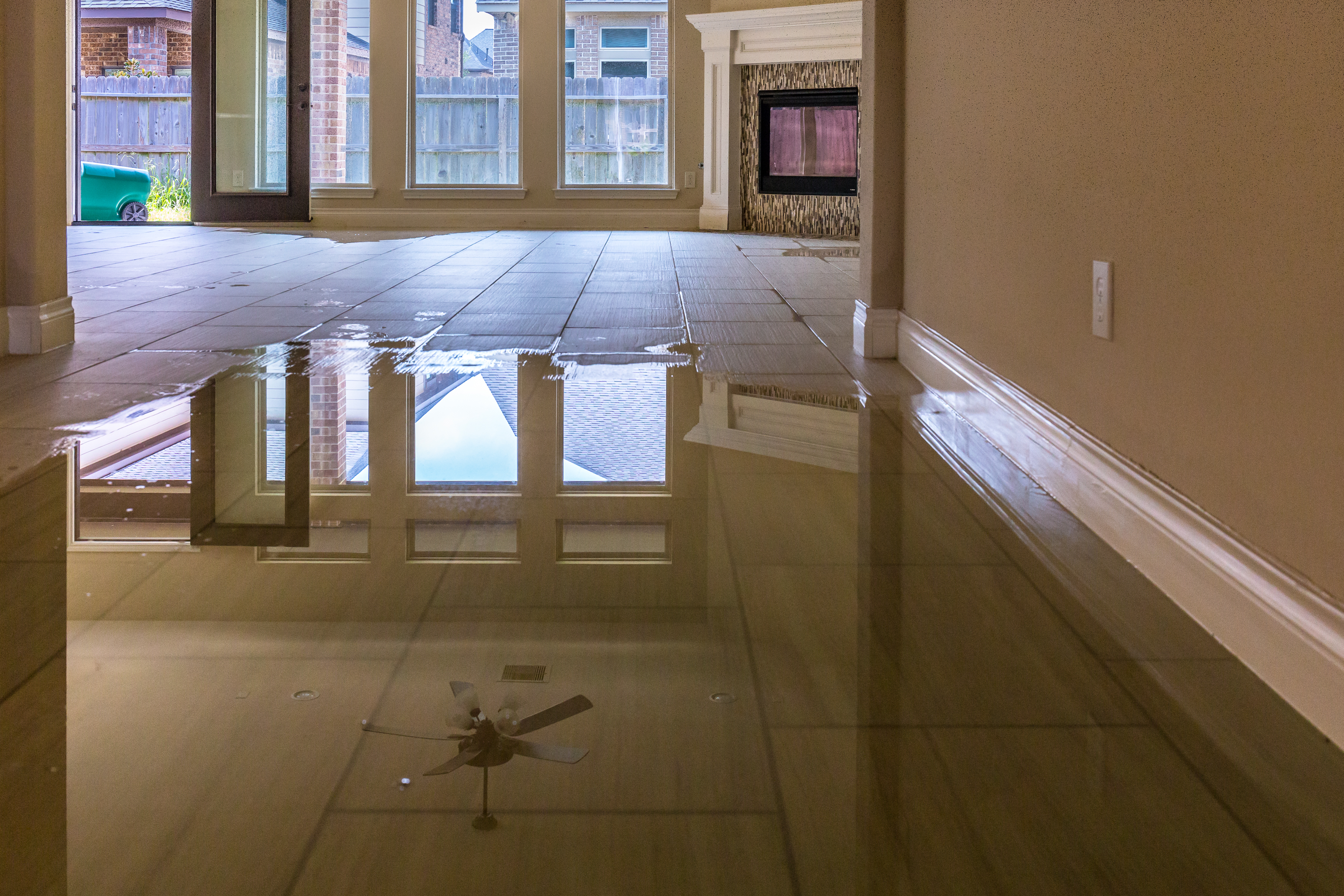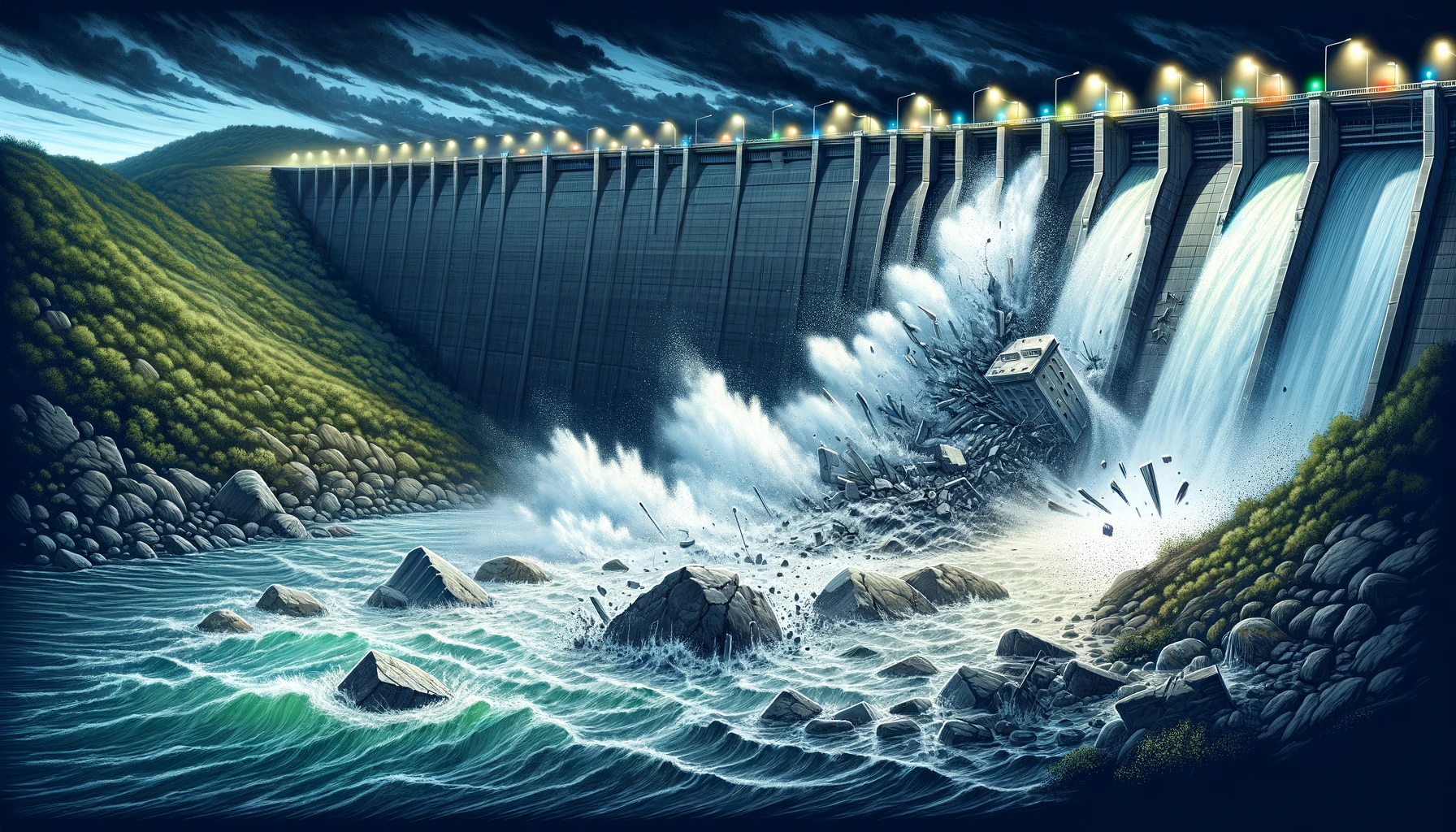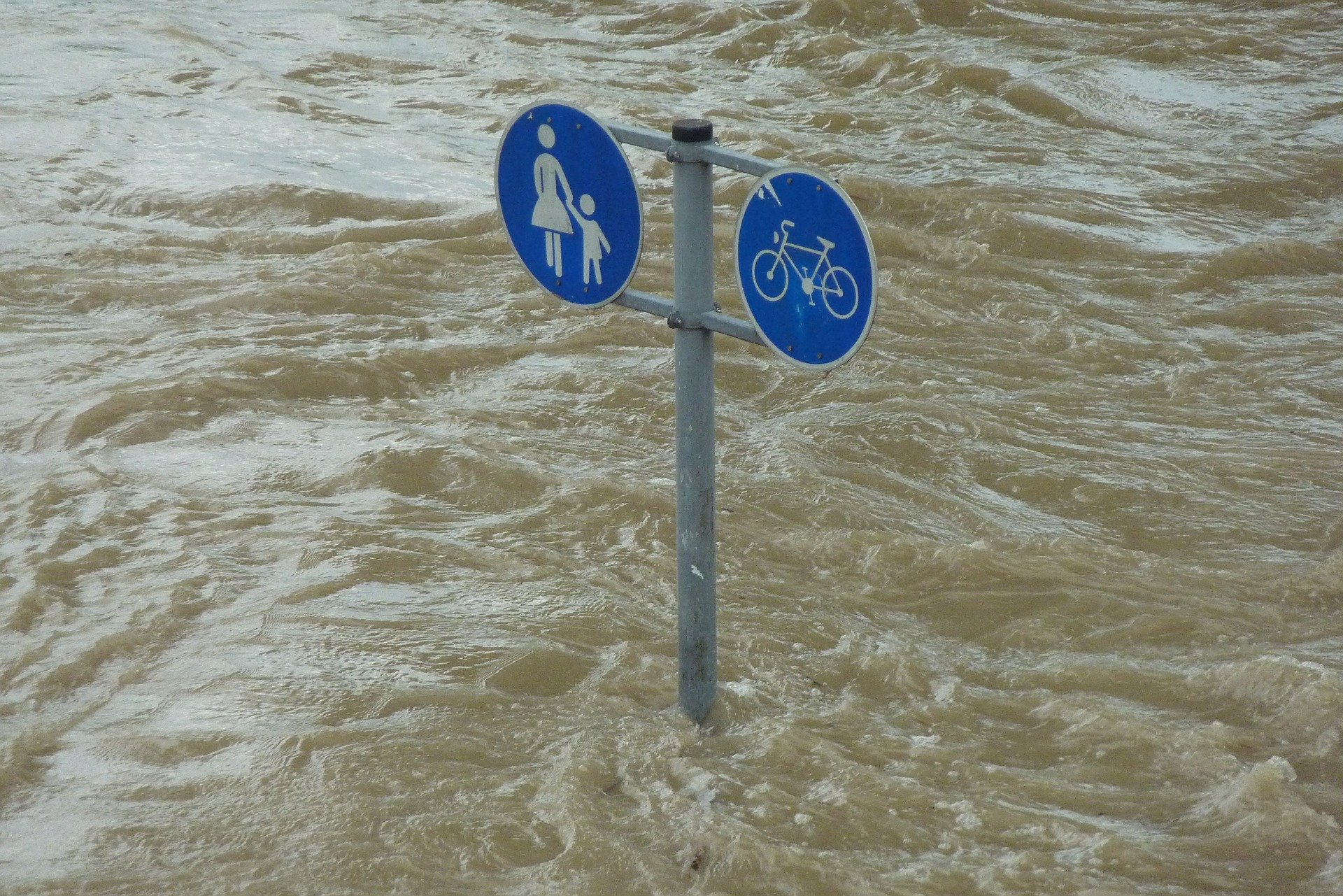Winter has arrived and you might be worried about the pipes in your home or business freezing. When pipes freeze, they can burst and rapidly flood the structure causing extensive water damage. If there is nobody present at the time of the failure, water will run continuously until it is discovered and the water shut off. Imagine returning to your home only to discover that your living room is now a swimming pool. Furnishings can be destroyed, wood floors will swell, ceilings can collapse, and even structural damage may occur. Immediate action must be taken to dry the are or future problems such as harmful mold may be even worse than the initial water damage. As such, it is important to take all the necessary steps to help prevent your pipes from freezing.
When do Pipes Freeze?
Pipes are in danger of freezing any time the temperature drops below 32 degrees Fahrenheit (0 Celsius). At even lower temperatures, pipes will be in serious risk of freezing when the temperature is below 20 degrees Fahrenheit (minus 7 Celsius). These temperatures are obviously most likely to occur in the winter months, though depending on your local climate brief cold snaps are possible year-round.
How do You Know if Your Pipes are Frozen?
A first indication may be that when you turn on the faucet, no water comes out. Or maybe when you flush the toilet, you don’t hear the tank refilling. Water lines may not be fully blocked by ice, so seeing reduced water pressure or a slight trickle of water should be of great concern. In this case, letting the water run can help to melt the ice build up as the water source should always be well above freezing. The greatest chance of frozen pipes comes from when water sits motionless in the pipes. If you believe that your pipes may have frozen, turn off the water at the main and call a plumber immediately.
How to Prevent Pipes from Freezing
If you live in an area that regularly suffers from cold temperatures, then you should take steps to prevent your pipes from freezing.
- Locate your water pipes and insulate them from the cold by adding insulation around the pipes themselves. You can also wrap the pipes using heat tape to protect them from exposure.
- Protect the pipes from drafts by sealing all gaps in the home that let the cold air in. Common spots can be where the cable wiring enters the house, around doors, gaps around the pipes under the sinks, around dryer vents and where the telephone line enters. Sealing up all drafts in your home will also help keep you warm and reduce your heating bill.
- Keep the heat in your house turned up and do not turn it down at night.
- Open any cabinet doors where water pipes are located (such as under the sink) to allow warm air from the home’s heating system to reach the space.
- Turn the faucet on so only a drip or slight stream flows out. If you have a hot and cold tap, then be sure to keep both open.
Use a hair dryer to unfreeze pipes that have started to freeze. If you cannot thaw the pipe then you should call a plumber immediately before damage occurs.
Cause and origin of water loss specialists
Engineering Specialists Inc. has nearly 30 years of field experience in analyzing the damage to vehicles, residential, commercial, and industrial buildings. We can work on any project in any state, nationwide. When you or your business needs to confirm the extent of damage or how to correct a problem, email us at office@esinationwide.com or call us, toll-free, at (877) 559-4010.





